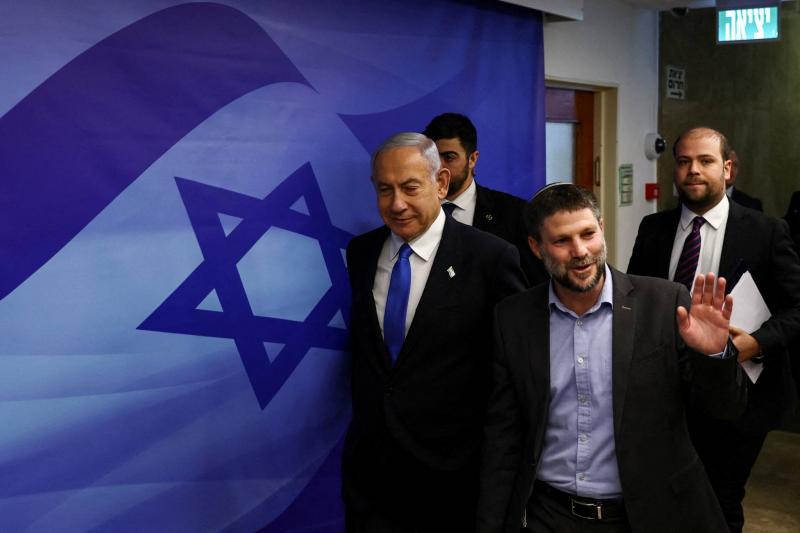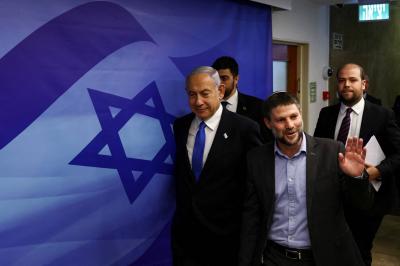Israeli Prime Minister Benjamin Netanyahu is facing increasing pressure to halt his government's efforts to implement significant changes to the country’s judicial system, with hundreds of thousands taking to the streets in protest. The plan for judicial reforms has sparked unprecedented public outrage since Netanyahu's coalition government, consisting of hardline right-wing and religious parties, took power late last year. These protests have raised concerns among Israel's Western allies.
### What is the government's issue with the judicial system?
Critics of the Supreme Court, including many in the coalition government, argue that the court has leftist and elitist leanings and has become excessively involved in political matters, often prioritizing minority rights over national interests.
### What does the coalition government want?
The government seeks to introduce amendments that would limit the Supreme Court's ability to make rulings against the legislative and executive branches, while granting coalition party members greater authority in appointing judges. Currently, politicians and judges who form the judicial selection committee must agree on appointments. The proposed changes would alter this process, giving the coalition government a decisive voice.
Netanyahu, who is officially barred from participating in this process due to corruption charges he denies, claims that these reforms aim to achieve balance and diversity among the Supreme Court's members. He has also accused the media of distorting the plan and inciting protests to overthrow his government.
### Why are so many Israelis protesting?
Democratic "checks and balances" are relatively fragile in Israel, which lacks a constitution, instead utilizing "basic laws" meant to help safeguard its democratic foundation. In the Knesset (the unicameral parliament), the government holds a majority with 64 seats compared to 56.
Critics of the government's plan argue that the changes would weaken the courts and grant the government unchecked power, endangering democratic rights and freedoms, and potentially leading to catastrophic impacts on the economy and relations with Western allies, who have already expressed concern.
Perception of the judicial system as non-independent could strip Israel of one of its main defenses in potential international legal cases, which may include allegations of war crimes in its long-standing conflict with the Palestinians.
Defense Minister Yoav Gallant called on the government to withdraw the legislation on Saturday, stating that disagreements over these measures threaten Israel's security, as thousands of reservists joined the protests and refused to respond to training summons.
### What are the other dimensions?
Opponents of Netanyahu fear that he wants to leverage the judicial reforms to annul his corruption trial or exert influence over any appeal in the Supreme Court. He has denied any such intentions. The opposition also argues that Netanyahu's hardline allies aim to weaken the Supreme Court to expand Jewish settlements in the occupied territories that Palestinians seek for their state.
The ultra-Orthodox Jewish parties in the coalition want to pass a law exempting their community members from compulsory military service, a move they fear might be overturned by the Supreme Court if its powers are not curtailed.
### What's next?
The government aimed to finalize approval for the judicial selection changes by April 2, during the Knesset's spring break. Other changes, some of which received initial approval in the Knesset and require three approvals for final confirmation, have been postponed until parliament reconvenes on April 30.
It was widely expected that Netanyahu would freeze the legislation on Monday after he dismissed the defense minister, who suggested delaying the reforms, leading to massive protests in the streets. This also prompted other senior members of his party to call for a halt to the reforms, while the major labor union organized a strike.




